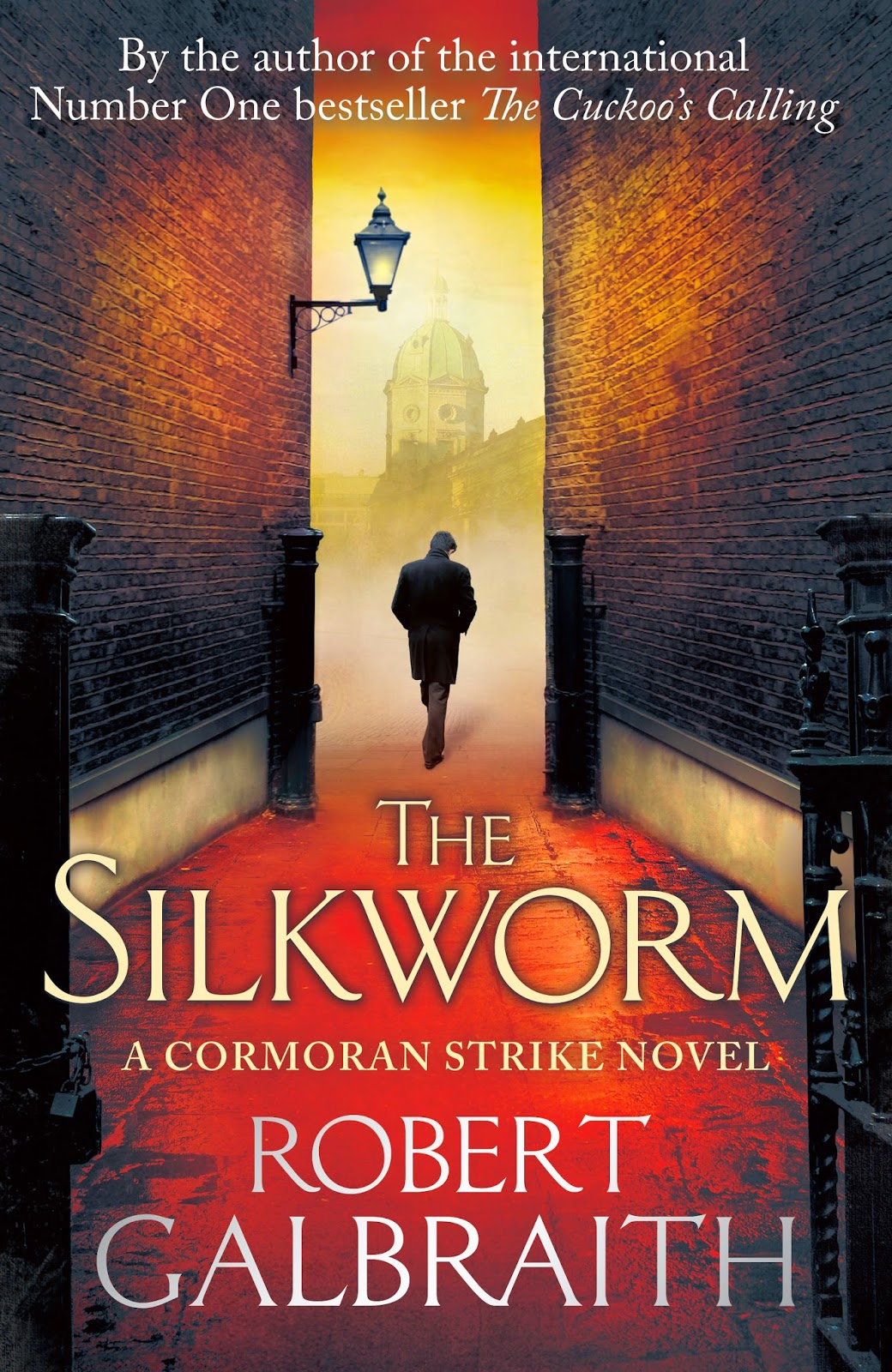Jules Older writes:
I read a lot of crime novels. A lot. They almost always belong to one of
three gangs.
The first is Formulaic Mediocrity. Written by the numbers, styled to become a
movie (a movie that will never be made), filled with stock characters uttering
predicable words, they are the mill on the dross. Crime novels in the Formulaic
Mediocrity gang are not, more’s the pity, in short supply.
Fewer on the ground are members of the
second gang, Good Try. Their authors
strive to rise above the chattering throng, adding dimension to their
characters and surprise to their plots. They don't achieve greatness, but they
give it their best, or nearly best, shot. Maybe one in ten earn Good Try
membership.
The smallest gang by far is composed of Masters of Crime. Read the first in a
series, you can't wait to read the next. Start at page one, and, ohmygod it’s
two in the morning and you're still avidly turning pages. You're supposed to be
working/studying/cooking/taking care of the family, and, instead, you're hiding
in the bedroom/bathroom/back garden sneakily reading “just a few more pages”. The Silkworm by Robert Galbraith, a.k.a.
J.K. Rowling, exemplifies this small, cherished band.
 The
Silkworm is Galbraith/Rowling’s second Cormoran
Strike novel. I loved the first, which, despite its eminently forgettable
title, The Cuckoo’s Calling, went on
to sell gazillions… and to win my heart.
The
Silkworm is Galbraith/Rowling’s second Cormoran
Strike novel. I loved the first, which, despite its eminently forgettable
title, The Cuckoo’s Calling, went on
to sell gazillions… and to win my heart.
The
Silkworm is even better. Peg-legged, hirsute,
overweight, child-hating private eye, Cormoran Strike, is back, and so is his
faithful, adventure-loving, crime-fighter-in-training, secretary/assistant,
Robin.
Robin. What was Batman’s faithful,
adventure-loving, crime-fighter-in-training named? Right.
Their characters are more fully limned in The Silkworm, and the crime they're
struggling to solve, even more grizzly. Still better — way, way better — the
crime is not only a gruesome murder, it’s a literary
murder. The victim and all the potential perps are literary figures. Did the
closeted publisher do it? The once-esteemed, now drunken editor? The brilliant
but macabre novelist? The cynical, aging agent? Or maybe the self-published
erotica author? Or the transsexual wanna-be writer? Or was it the sexy
editorial assistant?
On the way to solving the crime,
Galbraith/Rowling dishes dirt on all of them. She’s apparently seen her share
of closeted publishers, drunken editors, macabre novelists, cynical agents,
indie authors, sexy assistants and non-writers yearning for their words to breathe
free.
So, yes, I found myself shocked, shocked
that the clock read 3 a.m.; horrified that I was reading instead of labouring;
hiding from the family, the computer, the call of honest work to read “just one
more page, I mean chapter”.
Bet you will, too.
One more thing. Rowling’s Strike is
proof-positive that academics’ favourite bad cause, denouncing “cultural
appropriation”, is a damnable fraud. If the purists had their way, men could
not write about women, Pakeha would not write about Maori, and Kazuo Ishiguru
should never have penned Remains of the
Day.
Nobody, and I mean nobody, does men and
boys better than Ms Rowling. The world would be a poorer place if she hadn't
created Cormoran Strike and The Silkworm.
 Jules Older is co-creator of the Auckland Insider app, a gaggle of videos
at http://www.YouTube.com/julesolder,
and a swarm of books for kids and big kids. He tweets about crime fiction under
the handle, NovelCrimes.
Jules Older is co-creator of the Auckland Insider app, a gaggle of videos
at http://www.YouTube.com/julesolder,
and a swarm of books for kids and big kids. He tweets about crime fiction under
the handle, NovelCrimes.
1 comment:
I really like Cormoron Strike, the big, one-legged, moody protagonist of The Robert Galbraith books. He along with his partner, the beautiful Robin, make a mismatched and yet complementary Sherlock and Watson. The interplay, the misunderstandings, the dialogues all make for an engaging read.
But a murder mystery should ultimately be about the storyline, the plot and the characters. And these were sorely disappointing to me. The plot was so contrived, that I could not believe the story had ended the way it did even after I finished reading it. I didn't connect with all the egos and the super egos of the literary world which forms the backdrop of the story. Robert Galbraith would of course understand that environment a lot better than most readers, but surely it can't be filled with such evil and unlikeable characters. I did not like the idea of a story within a story, the long and difficult to pronounce names and most of all the way it all came together.
So why did I rate it a 2-stars, instead of 1? Because I want to give Robert Galbraith another chance. Not make 'him' think he should not write another book. He should. But I won't be waiting with bated breath to read it like I did after reading the first book 'Cuckoo's Calling'
Post a Comment